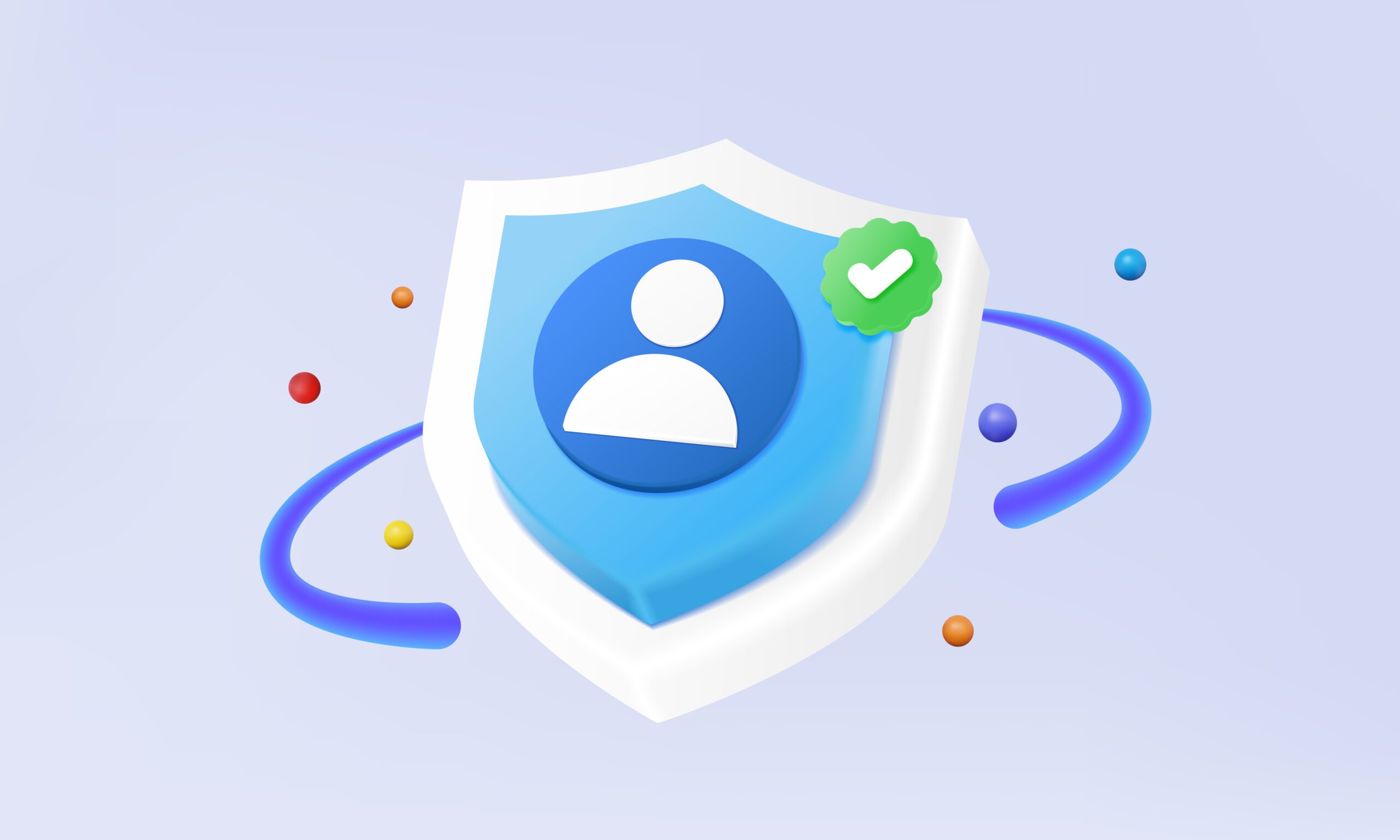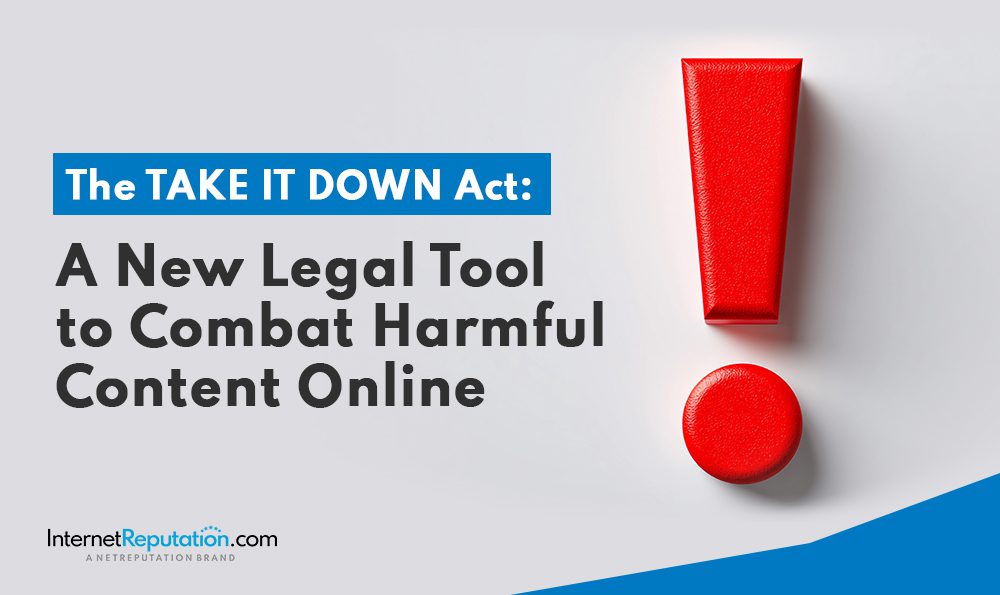Facebook Monitoring: How Much Should You Care?

What is Facebook monitoring?
On an average day, I bet hundreds or even thousands of research papers are written, published, and promoted. Likely, few of them are even seen, much less debated. But sometimes, someone writes something so interesting and so unusual that it sparks widespread interest, even if people don’t take the time to read the entire study in question. That’s what happened to two people who surveyed self-censorship and its role in the life of the average Facebook user. These researchers probably thought they were onto something grand and constructive for future marketing companies, but their research seems to have freaked out many people.
I decided to try to get to the bottom of it to help you understand how much you might need to worry about your privacy and your reputation as you merrily chat (or don’t chat) with your friends on the blue-and-white behemoth. Here’s what I found out about the social platform and the importance of Facebook monitoring.
A Simple Study
The original study, published by the Association for the Advancement of Artificial Intelligence, is less than 10 pages long, and the entirety of the thing is available online. For people who read such research all day long, it’s pretty straightforward. The researchers outline what they were trying to prove, what they did, and what they found. And there’s some interesting stuff here. Over 5 million people were included in the study and weren’t notified of their inclusion. Their names weren’t attached to the data, nor was the specific information the person put on Facebook.
However, a specific amount of information was collected about each participant, including data the researchers put under the helpful heading of “demographic.”
That data included:
- Gender
- Age
- Political affiliation
- Group member count
- Days since joining Facebook
In addition, Facebook monitoring information about the person’s number of friends, age of friends, political affiliations of friends, and density of social interactions was collected. If a person in the study typed something into a box, like a personal wall, the wall of a friend, or the wall of a group, and then chose not to post that information for a specific period of time, the researchers got a ping about the event. They could cross-reference it with all of the other data they’ve gathered. This kind of data mining could, ostensibly, provide the company with significant information about what might keep people away from Facebook.
Are they afraid to speak out when their friends are different? Do they refuse to share with people older or younger than they are? Do large networks foster more information? It’s the kind of stuff people would salivate over.
The People Are Angry
While the study might seem reasonable enough to tech heads, many bloggers and columnists were discussing the whole idea. Slate appears to have broken the story, and in this published piece, the author suggests that this behavior is reminiscent of recent NSA surveillance scandals. She was concerned about how much the company had access to, and she ended the piece with a quote from Dave Eggers: “All that happens must be known.” Other bloggers jumped on board, including Ars Technica, which covered the piece under the headline, “Facebook is tracking what you don’t do on Facebook.”
The piece covers the research in great detail, but again, it ends on a somewhat ominous note, suggesting that the site should “be warned.” The writers of blogs like this don’t seem interested in what this specific study does and how it works. Instead, they seem worried about the mere fact that Facebook could keep track of the things you do on the site, even if you don’t pull the trigger and make your actions public. Their concern sometimes gets a little overblown, as a casual reader of these articles might walk away thinking that Facebook execs are reading their words right now, even if they don’t post them.
Words of Reason
Alarmism is easy to cultivate, but some writers have exercised a little caution. Techno bloggers (and the Daily Kos gets a big mention here) think that much of this hysteria is just hysteria. They note that all websites collect some data on users and that gathering information about boxes users click on is as easy as entering one simple line of code into the gobbledygook that runs the site. For bloggers in this camp, there’s no real reason for alarm as the company isn’t storing the data anywhere, and the anonymous nature of the study suggests that no one person’s privacy was violated. Since the data collected didn’t even concern the information people did or did not post, there’s no real privacy breach. It’s just code. Just numbers. It just suggests a vague type of activity.
The underlying message: Calm down already.
The Middle Way
I’d love to say I don’t find this Facebook monitoring study creepy. The fact remains, however, that I have some problems with how this whole thing went down. I’m a little worried that Facebook programmers collected this information without disclosing that they would do so. I know they don’t have to make these disclosures. Still, I’d love to think that openness and transparency would rule how the company works, especially since so many Americans are freaked out about their reputations, privacy, and corporate spying. Why not be open?
Secondly, I am worried about the possibility of collecting unpublished information. Yes, none has been collected right now, and no one has been outed right now. But isn’t it at least possible?
Consider this: What if local authorities wanted to find out about the number of people who typed in certain phrases in their dialogue boxes, even if they chose not to publish them at the last minute? What about employers who might like to know the number of employees who would post about their drunken weekend escapades and then pull back and delete the data? This study suggests that those two scenarios are at least possible, even if they’re not happening now.
So, I am a little alarmed. I’m not picketing and do not suggest that everyone should always avoid Facebook. But I feel compelled to suggest that everyone thinks about what they might like to publish. Speak the words aloud; don’t type them; write them into the program if they sound decent.
Facebook monitoring and the bottom line: Self-censorship on the site is likely safe for now. But in the future? I’m not sure. As a result, it’s best to start developing good habits now.



